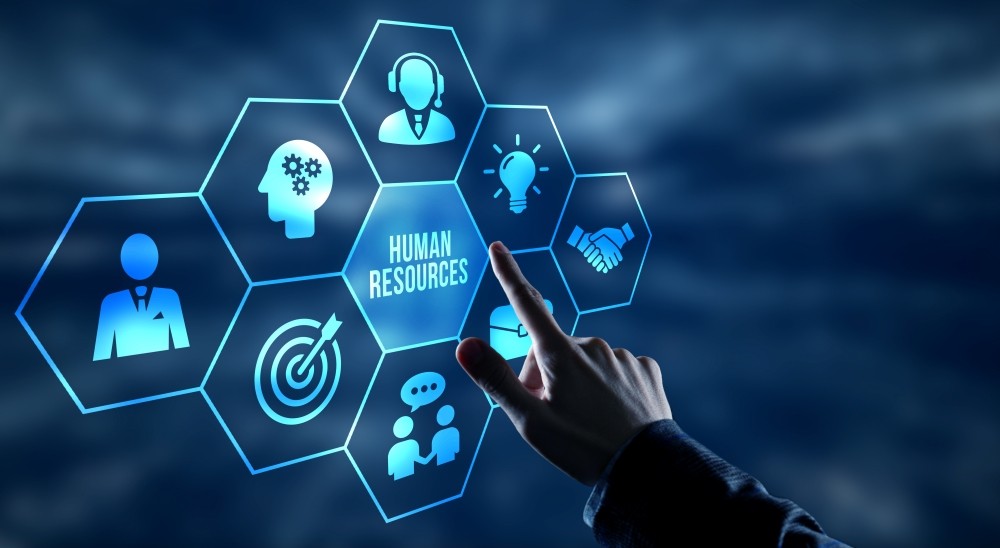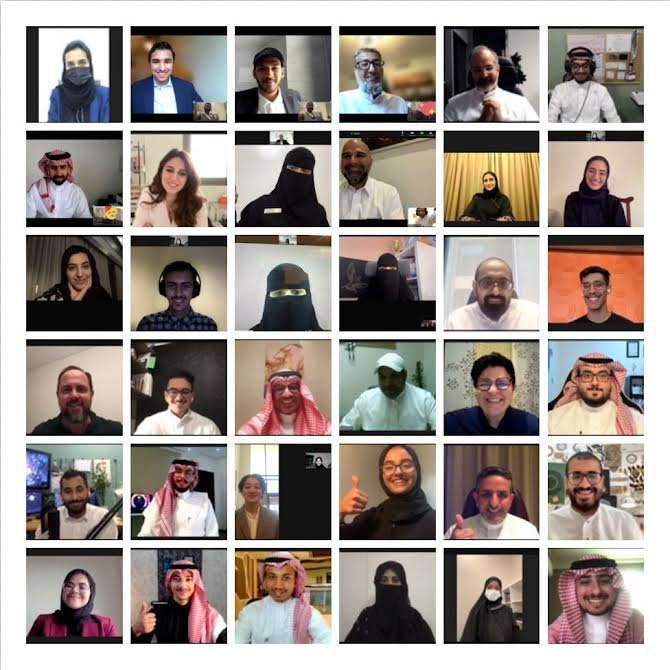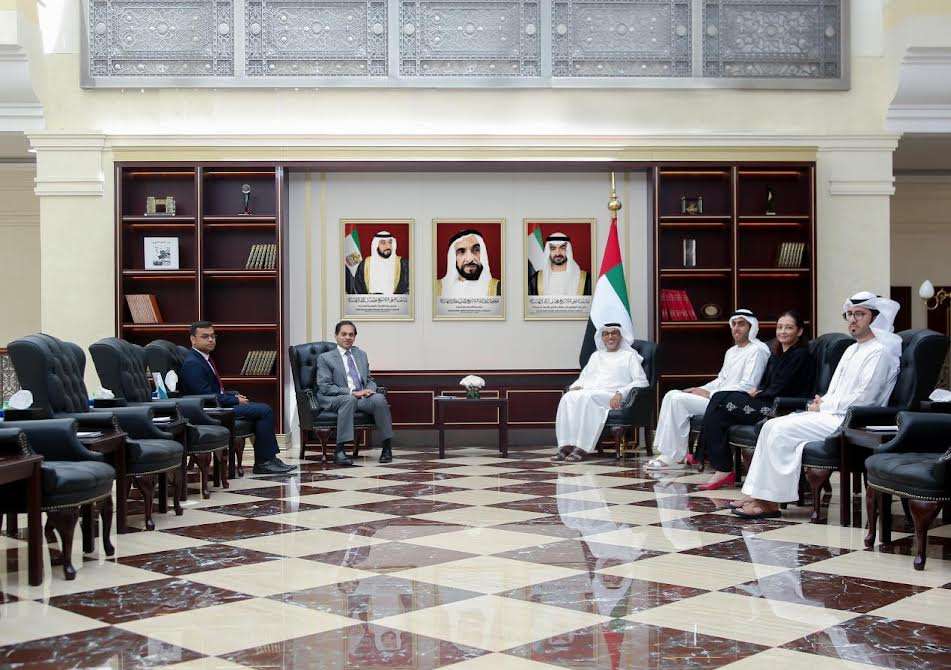Forward-thinking HR professionals are now looking beyond the challenges of Covid-19 to ask how they can lead the organisation and its people through constant and rapid change
By Sonia Tshabalala
Even before COVID-19, the world of work was changing at high speed. Growing numbers of people were starting to work remotely, at least part-time, automation was beginning to reshape how many jobs were done, and organisations were increasingly looking at more fluid ways of sourcing talent.
Now, as the dust settles on the pandemic, it has become clear that those trends have all accelerated.
While employees and organisations have found benefits in hybrid work, it’s not without its challenges.
Forward-thinking HR professionals are now looking beyond the challenges of COVID-19 to ask how they can lead the organisation and its people through constant and rapid change.
Here are six ways in which HR leaders can prepare for the future of work and build a more agile workforce that is ready to adjust to the constantly evolving needs of the market:
Think about outcomes rather than job roles
HR teams and employees have been surprised at just how far flexible working arrangements can be stretched before they snap. This has created space for thinking more seriously about innovative working arrangements from four-day working weeks to more permanent remote or hybrid work.
As they design tomorrow’s workforce, many businesses and HR leaders are thinking less about filling specific roles and more about finding the right talent to deliver business outcomes. This frees them to consider more fluid working models such as sourcing talent from freelancers, marketplaces, crowdsourcing and more.
Harness talent across virtual teams
Now that remote and hybrid work is a reality, we can expect to see teams become more fluid as people are brought together for specific projects and initiatives, and then disbanded so they can move to other parts of the business. Geographic location will become less of a barrier today, and virtual teams could comprise people across the country. It will be up to HR to facilitate this shift by helping managers source and develop talent when they need it.
Offer flexible career options
Marketing professionals know consumers are not all the same and must segment them. HR professionals also embrace the reality that different people want different things from a work experience, depending on their personality, personal circumstances and life stage.
This means HR teams will start to think about developing career paths and job descriptions to suit different work personas – with an emphasis on attracting and retaining the best talent with the right offer for their needs. They also develop new ways of measuring performance and rewarding employees who are not biased towards remote or office workers.
Build culture consciously
With more people spending some or all their time working outside the office, HR and the business need to make a more conscious effort to drive culture across the workforce. This starts with defining the shared values, beliefs, structures and behaviours the organisation values. From there, HR and team leaders can think about how they will communicate and build these cultural drivers.
Focus on continuous learning
One of HR’s significant challenges is helping the workforce keep up with the rapid pace of change in today’s digital world. According to the survey, 94% of organisations are taking action to upskill their employees to work with future technology.
To succeed in this time of change and hybrid work, HR should look beyond rigid learning programmes and towards creating a culture where continuous learning is valued. This includes offering mentorship opportunities, on-the-job learning, and responding quickly with microlearning and other interventions when new skills are needed.
Mental and physical wellbeing matter
COVID-19 has highlighted the importance of mental and physical health in the workplace. HR departments, team leaders and employees have become more comfortable talking about mental health concerns. There is a growing appreciation of the links between mental wellbeing, human potential and organisational performance. These pandemic lessons should be taken to heart beyond COVID.
As HR teams come to grips with the challenges of tomorrow’s workforce, they cannot be held back by repetitive admin tasks.
(Sonia Tshabalala is People Director, Sage Africa and Middle East)
********************************************************************
Readers
These are extraordinary times. All of us have to rely on high-impact, trustworthy journalism. And this is especially true of the Indian Diaspora. Members of the Indian community overseas cannot be fed with inaccurate news.
Pravasi Samwad is a venture that has no shareholders. It is the result of an impassioned initiative of a handful of Indian journalists spread around the world. We have taken the small step forward with the pledge to provide news with accuracy, free from political and commercial influence. Our aim is to keep you, our readers, informed about developments at ‘home’ and across the world that affect you.
Please help us to keep our journalism independent and free.
In these difficult times, to run a news website requires finances. While every contribution, big or small, will makes a difference, we request our readers to put us in touch with advertisers worldwide. It will be a great help.
For more information: pravasisamwad00@gmail.com












